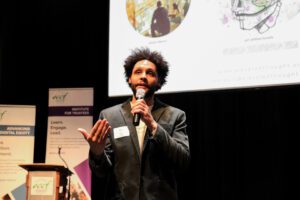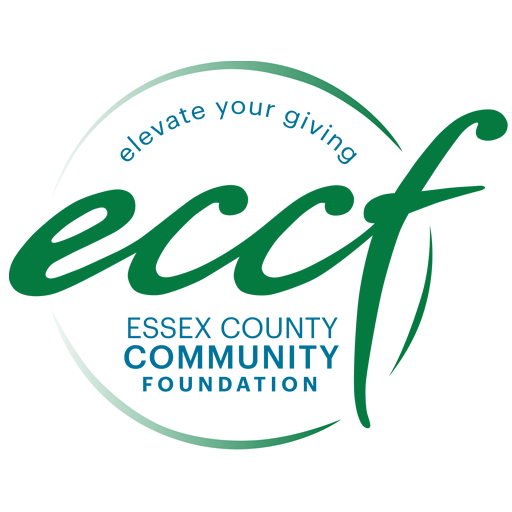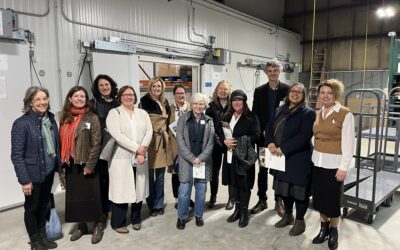 Annual nonprofit leadership conference a longtime cornerstone of foundation’s mission
Annual nonprofit leadership conference a longtime cornerstone of foundation’s mission
By Michelle Xiarhos Curran
ECCF Communications Writer
For hundreds of nonprofit leaders, the annual Institute for Trustees (IFT) has become, as Bonnie Bain from Salem Alliance for the Environment (SAFE) put it, a “hug and a guiding light” for navigating the ever-changing landscape of the nonprofit sector.
As ECCF celebrates 25 years of service to Essex County in 2024, the IFT, a comprehensive nonprofit leadership conference made up of dynamic workshops and networking opportunities, has come up on its own milestone: 15 years as a cornerstone of the foundation’s mission to “strengthen and support nonprofits.”
And like ECCF itself, the IFT has evolved and shifted over the years to meet the needs of the people and organizations it serves.
For its first decade, the Institute for Trustees existed as a one-day, regional nonprofit leadership conference held on an often-snowy Saturday in March at the Pingree School in South Hamilton, where the collective energy of so many nonprofit leaders gathered in one place was electric.
“It’s not often that I think that a Saturday spent indoors is a Saturday well spent,” said attendee Holly Langer after the first IFT in 2010. “But attending the Trustees workshop would even have been worth missing a warm Saturday.”
The IFT soon became the premier event for Essex County nonprofit leaders to learn from experts in the field more about perennial topics like board governance, fundraising and strategic planning, and emerging areas of focus that change from year to year. Add in a decade of dynamic keynote speakers, and the IFT was also quickly recognized as an event for nonprofit leaders to connect and be inspired – together.
Then, 2020 hit and just days before the IFT was to kick off in person at Pingree School, ECCF announced its plans to take the conference virtual.
As we all saw throughout the pandemic, the need to pivot unearthed many challenges, but it also presented unique opportunities.
And it turns out that one of the silver linings of COVID-19 was that it brought together community foundations from across the state, which were all facing similar challenges about how best to serve their communities during a major public health crisis. When it came time to host the 2021 IFT, those connections were growing strong, and a partnership would only serve to expand the positive impact of the learnings and resources the IFT offered – and that nonprofits urgently needed. That year, ECCF joined forces with the Berkshire Taconic Community Foundation (BTCF) to co-host the event – again, virtually – and now nonprofit leaders from Essex County and Western Massachusetts were learning and growing together. Leveraging the convenience of technology, the conference was extended from one day to six weeks, allowing participants to attend as many workshops as they wanted, rather than having to choose only a select few.
“This changed the scope of the conference entirely,” said Beth Francis, president and CEO of ECCF. “What was already this amazing educational experience turned into something even stronger and more impactful.”
Since then, the community foundation partnership has expanded, and the 2024 IFT – now underway and running through May 9 – is being co-hosted by ECCF, BTCF, the Community Foundation of Western Massachusetts and Greater Worcester Community Foundation.
“Collaboration remains critical as we continue to face times of uncertainty in the world and challenges within the nonprofit sector, including such issues as staff and board member burnout and resource constraints,” said Peter Dunn, president and CEO of Greater Worcester Community Foundation.
In addition to this partnership, the 2024 IFT also boasts several other milestones. A record-breaking 1,200+ participants are registered for the conference, and it marks the first time in five years that ECCF reintroduced an in-person component.
Nearly 100 nonprofit leaders returned to Pingree School to attend the IFT Keynote Kickoff and Networking Reception on March 20. (The keynote was livestreamed for participants from across the state.) Attendees were inspired not only by being together for the first time in five years, but also by keynote speaker, Dr. Marquis Victor, founder and executive director of Elevated Thought, a Lawrence-based arts and social justice nonprofit.
His talk, “Creating Something New: Pursuing Liberation Through Nonprofit Leadership and Practices,” was an interactive, witty and wisdom-filled discussion addressing the transformative process that many nonprofits are going through right now to develop systems that can effectively challenge the status quo and make way for creativity, relationship-building and community-centered change.
Facing our fears, Victor explained, is the critical first step.
“Fear is antithetical to creating new systems, because, you know, it can dilute us into thinking that nothing can change, right? It can dull our empathy, limit the possibilities,” he said. “So, when do we acknowledge the immobility that derives from being consumed by the risks rather than the possibilities to expand and deepen the work?”
Victor went on to talk about a framework for critical consciousness – the idea that the more one understands the realities they exist in, the more mindfully and effectively they can move towards transforming it – and how it can help strengthen the work of nonprofits. This framework includes:
- Creating authentic relationships, defined as interactions that allow people to find common ground and purpose and explore different ways of responding to an issue or a belief while leveraging listening.
- Creativity, or a desire to think differently and pursue possibilities that are often uncertain in what they will yield, generating ideas and finding ways to make them a reality.
- Individual and community progress. How are we, in our organizations, lifting up individuals in their work and their value? When we support the growth of individuals, “the growth inevitably impacts the organization in a positive way,” Victor said.
- Humanizing organizational structure. Giving all members of an organization the capacity to critique, challenge and transform the environments they inhabit can bolster the confidence in their voice which then can be carried out into the broader world.
“It is my belief that the framework of critical consciousness, endowed with hope love, and justice, as abstract as those terms may be, can nurture and heal, and give us power to transcend our limited understanding of the world, supporting true change,” said Victor. “It can help us create something new in our fragile, finite states. We do not and cannot move the pendulum ourselves. We can all, however, create spaces that heighten awareness of the world around us, that support consistent reflective dialogue, that ask tough questions and challenge the validity of the systems and structures we exist in.”
Victor’s hour-long keynote resonated with attendees, who called it inspiring, engaging and relevant to the difficult work nonprofits are doing to support communities where everyone can thrive.
“In a time rife with uncertainty, misdirection and growing unease, Marquis’ words and presence were a balm,” said Aditi Dholakia, deputy director of The Lenny Zakim Fund, who also serves as a trustee of Esperanza Academy in Lawrence and on the board of directors at BAGLY. “I was so grateful to be in community with friends and fellow changemakers, and to be continually inspired to create something new — not just in spite of these difficult times, but because of them.”



